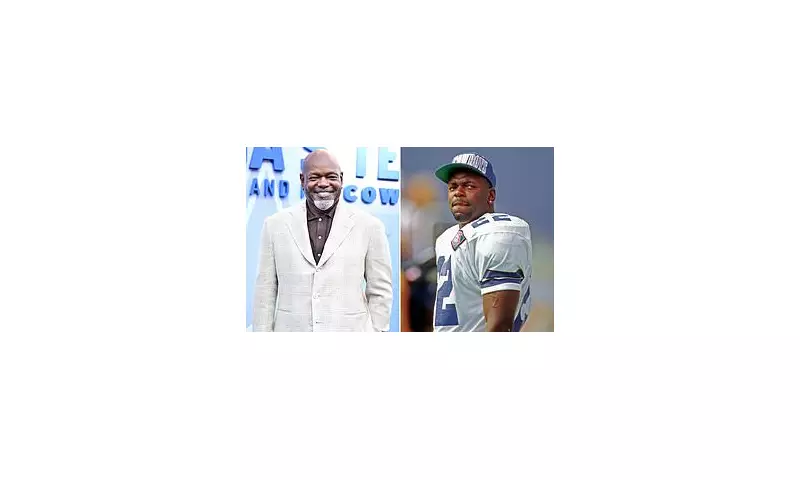
Dallas Cowboys icon and Pro Football Hall of Famer Emmitt Smith has launched explosive legal action against financial advisor Johnny Wimbrey, alleging a sophisticated Ponzi scheme that defrauded the legendary running back of approximately $3.1 million.
The lawsuit, filed in Dallas, Texas, claims Wimbrey—a former NFL player himself—orchestrated a complex web of financial deception, promising lucrative returns on investments that never materialised.
From Gridiron Glory to Financial Betrayal
Court documents reveal a troubling narrative of trust exploited between former athletes. Smith, the NFL's all-time leading rusher, alleges Wimbrey used their shared NFL background to establish credibility before initiating fraudulent investment schemes.
The suit claims Wimbrey presented himself as a successful entrepreneur and investment expert, leveraging his sports celebrity status to attract high-profile clients from the athletic community.
The Mechanics of the Alleged Scheme
According to the filing, Wimbrey allegedly persuaded Smith to invest substantial sums in various ventures, including:
- Promissory notes guaranteeing unusually high returns
- Real estate development projects
- Business acquisition opportunities
- Short-term investment funds
The lawsuit contends these investments were either completely fictitious or massively misrepresented, with new investor funds allegedly used to pay returns to earlier investors—the hallmark of a classic Ponzi scheme.
A Pattern of Deception Unfolds
Legal representatives for Smith argue that Wimbrey provided falsified account statements and fabricated performance reports to maintain the illusion of successful investments. When Smith sought to withdraw portions of his investment, the suit claims he was met with excuses, delays, and eventually complete non-payment.
The case has sent shockwaves through the NFL community, highlighting the vulnerabilities professional athletes face when transitioning from sports to financial management.
Broader Implications for Athlete Finance
This case underscores the persistent challenges sports stars encounter in wealth management. Despite earning millions during their careers, many athletes become targets for financial predators exploiting their trust and relative financial inexperience.
Smith's decision to pursue legal action publicly signals a growing willingness among athletes to confront financial misconduct directly, potentially encouraging other victims to come forward.
The case continues to develop, with legal experts anticipating further revelations as proceedings advance through the Dallas court system.





